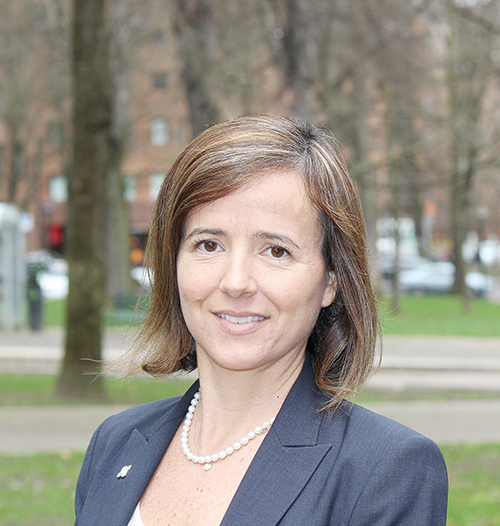
As many veterans transition to campus life after serving their country, Portland State aims to honor their sacrifices by providing a new Veteran’s Resource Center that is set to launch this spring.
Returning to civilian life after serving in the military is a difficult transition in itself. Add to that the stresses of navigating class schedules, tuition and veteran benefits, and the prospect of entering academic life can seem an overwhelming task.
The people behind the VRC intend to make that transition much smoother, and to help these veterans find long-term success.
“More and more students are coming back to school because they have this benefit, and Portland State is a great location,” said Dean of Student Life Michele Toppe.
In addition to the VRC, Toppe oversees several other resource projects on campus, such as the Resource Center for Students with Children, the Queer Resource Center and the Women’s Resource Center.
“We have a lot of veterans coming back as we’re ending things in Iraq. We have a high number now, and we expect that number will only go up,” she said.
Toppe said the mission of the VRC is to promote a campus climate that fully integrates military community members into life at PSU. With programs and initiatives already in place, she pointed out that PSU has actually been a major advocate for veterans since the 1940s. The VRC will further build upon an established commitment to returning service members.
“We already have personnel to help veterans figure out how their benefits apply, and have all the paperwork processed to utilize their benefit,” Toppe said. “Viking Vets has been around for several years, but we haven’t had full-time staff like this yet.”
The center will be part of Enrollment Management and Student Affairs. It will be staffed by a coordinator of Student Veterans Services, an assistant and student staff members and will include a peer mentor program.
Toppe explained that the hiring process has begun for the coordinator position, and they are narrowing down a list from dozens of qualified candidates.
“Our coordinator will help veteran students navigate all these systems, because they’re really complex,” she said. “There is a college success class that the coordinator is going to teach for the student veterans, and that class will include having folks come to give guidance around academic advising and career choices related to those academic choices.”
According to Toppe, the VRC staff will create and host new academic workshops focused on long-range academic planning and monitor academic performance to make sure student veterans are staying on track and getting help when needed.
Funding for the VRC comes from the Associated Students of Portland State University student fee committee as well as from general funds.
The VRC will be housed in Smith Memorial Student Union. The space will contain lounge areas for students to convene with amenities such as an Xbox and a couch that students can use for naps between classes. There will also be quiet spaces for studying and confidential conversations.
“We are striving to create an open and inclusive space where everyone feels welcome. Even partners of veterans. We hope people will feel like this is a space they can be in and create a really positive community,” Toppe said.
For Toppe, involvement with the VRC has been a rewarding experience. She said that the veterans she has worked closely with have inspired her to make the resource center as supportive as possible. She also sees bringing veterans to PSU as beneficial for everybody since it brings a wealth of diverse experiences to civilian students.
“They’re really great at collaborating and caring about the community,” Toppe said. “They help students who haven’t had that military experience understand the world that we live in a little bit better. It really makes our campus a better place, and I appreciate the leadership that they bring.”

